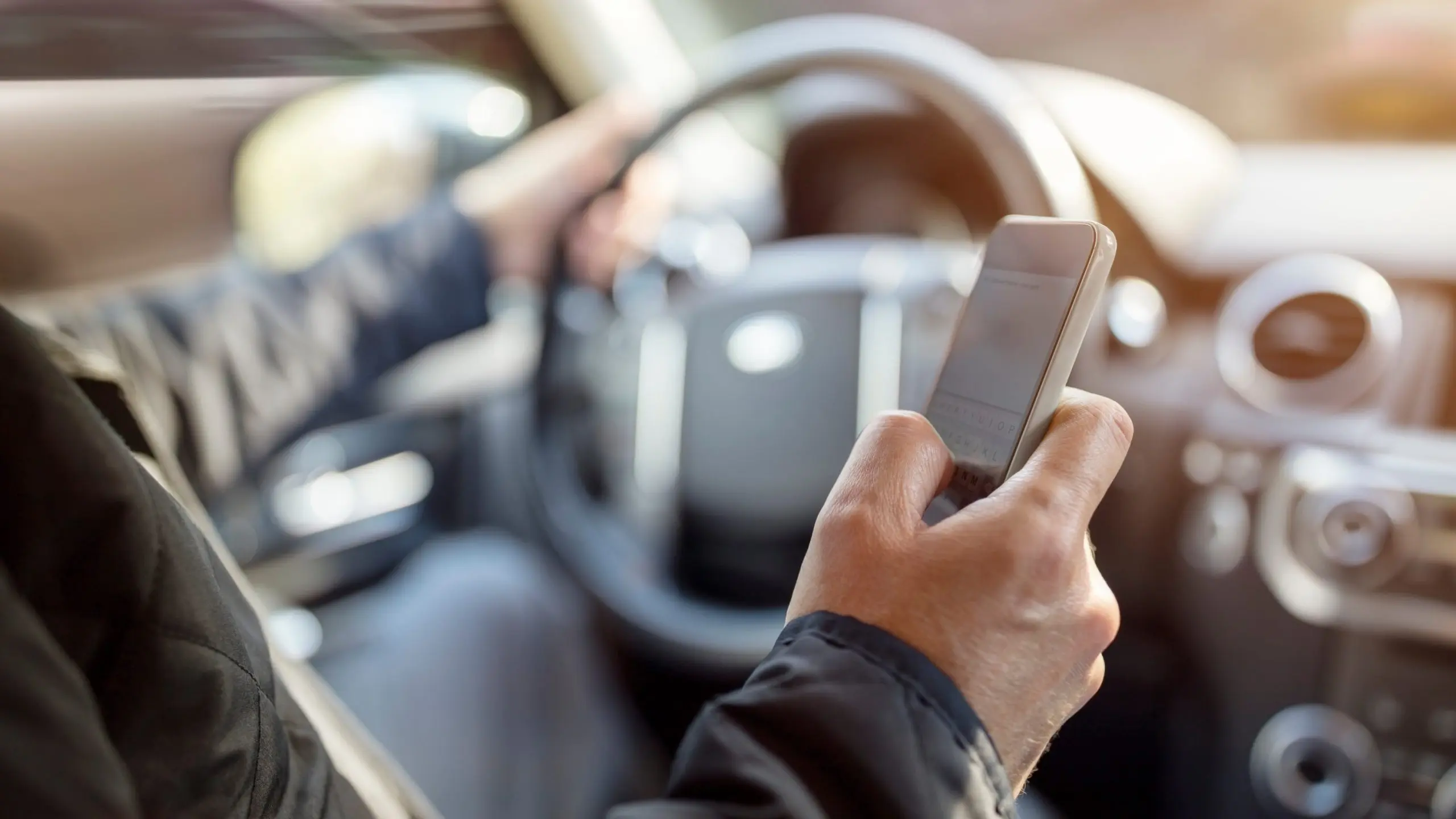|
Getting your Trinity Audio player ready...
|
An Alabama legislative move from 2023 changed the state’s laws regarding cellphone usage behind the wheel. Starting June 15, motorists can receive fines for having their phones in hand.
SB301, introduced by Sen. Jabo Waggoner, R-Vestavia Hills, marks a step in efforts to improve road safety and reduce accidents on roadways. On Friday, the Alabama Law Enforcement Agency announced that they will start enforcing the hands-free law, imposing a $50 fine and one point on a driver’s license. A second and third conviction will result in fines of $100 and $150, respectively, along with two additional points and three additional points on the driver’s license.
Subsequent convictions will also be considered a three-point violation. In Alabama, accumulating 12 points on a driver’s license within two years will effectively result in its suspension.
Under the new legislation, activities involving wireless communication devices while driving are deemed illegal to discourage behaviors that contribute to distracted driving. The bill outlines specific actions that would alert an officer to distracted driving, including crossing in and out of traffic lanes without signaling and swerving while engaging in activities such as reading or sending messages, watching videos, or recording and broadcasting content while driving.
Within the first 12 months of passing SB301, law enforcement officers were only allowed to issue written warnings for the offense. ALEA informs drivers that this is not a secondary violation and they could be pulled over for simply holding their phones.
An important aspect of the bill is its specification that using a single button or swipe of a finger to initiate or end a call is allowed. The legislation includes other exceptions to account for necessary uses of cellphones while driving, including using the device to call emergency services or utilizing hands-free options such as earpieces, headphones, wrist devices, and steering wheel controls.
Part of this law states that anyone who appears in court for their first conviction and presents proof of purchasing a device to help them obey this law in the future will not be considered guilty. The court would require affirmation that they have not utilized this privilege in a previous case.
The passage of SB301 is a development for road safety. Those behind the bill believe that it will discourage unsafe behaviors behind the wheel and highlight the risks associated with distracted driving.
Previously, similar bills were considered by the Alabama legislature without success, but by introducing stricter penalties for distracted driving violations, Alabama aims to underscore the importance of safe driving practices and prioritize the well-being of its residents.






















































